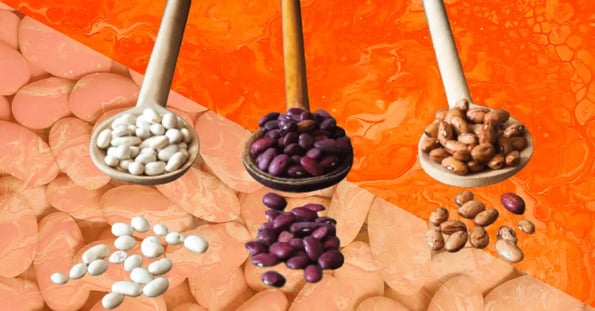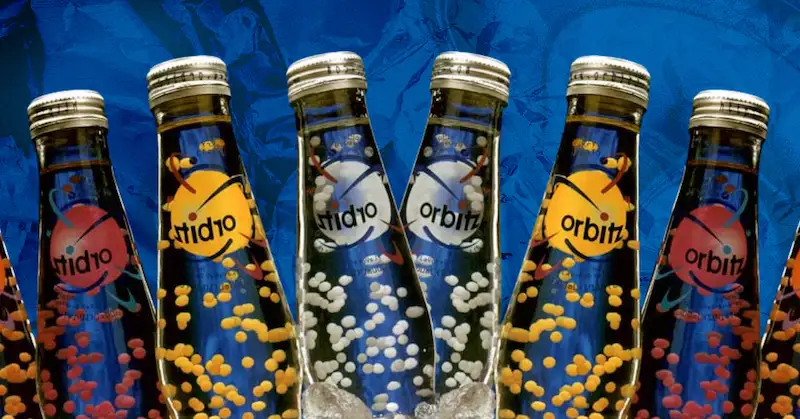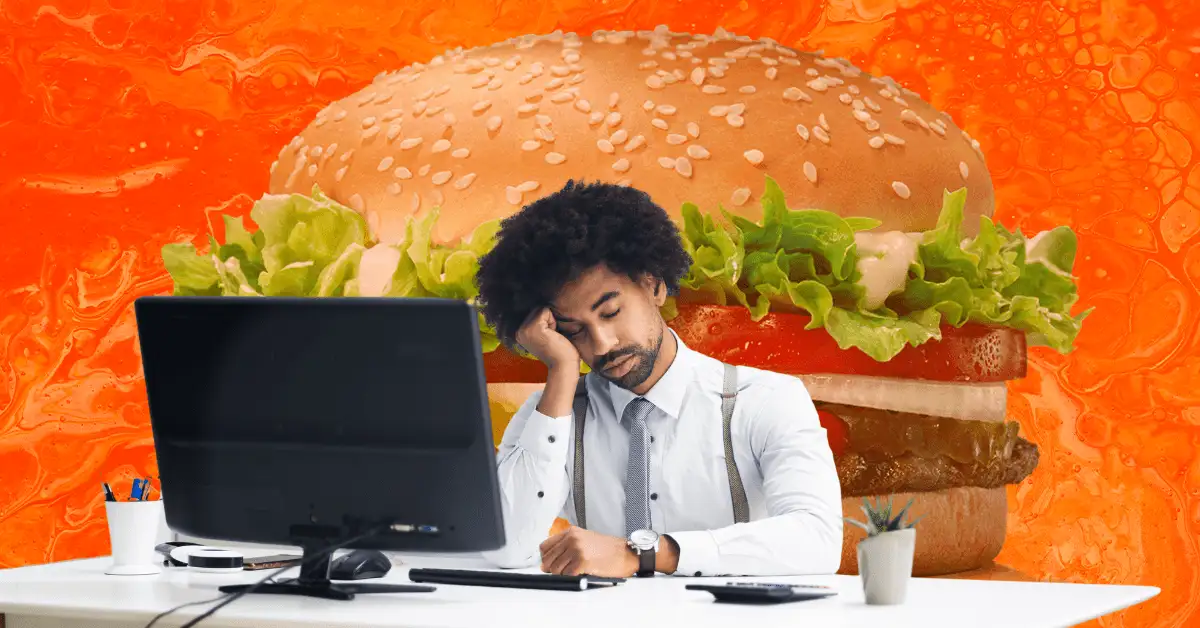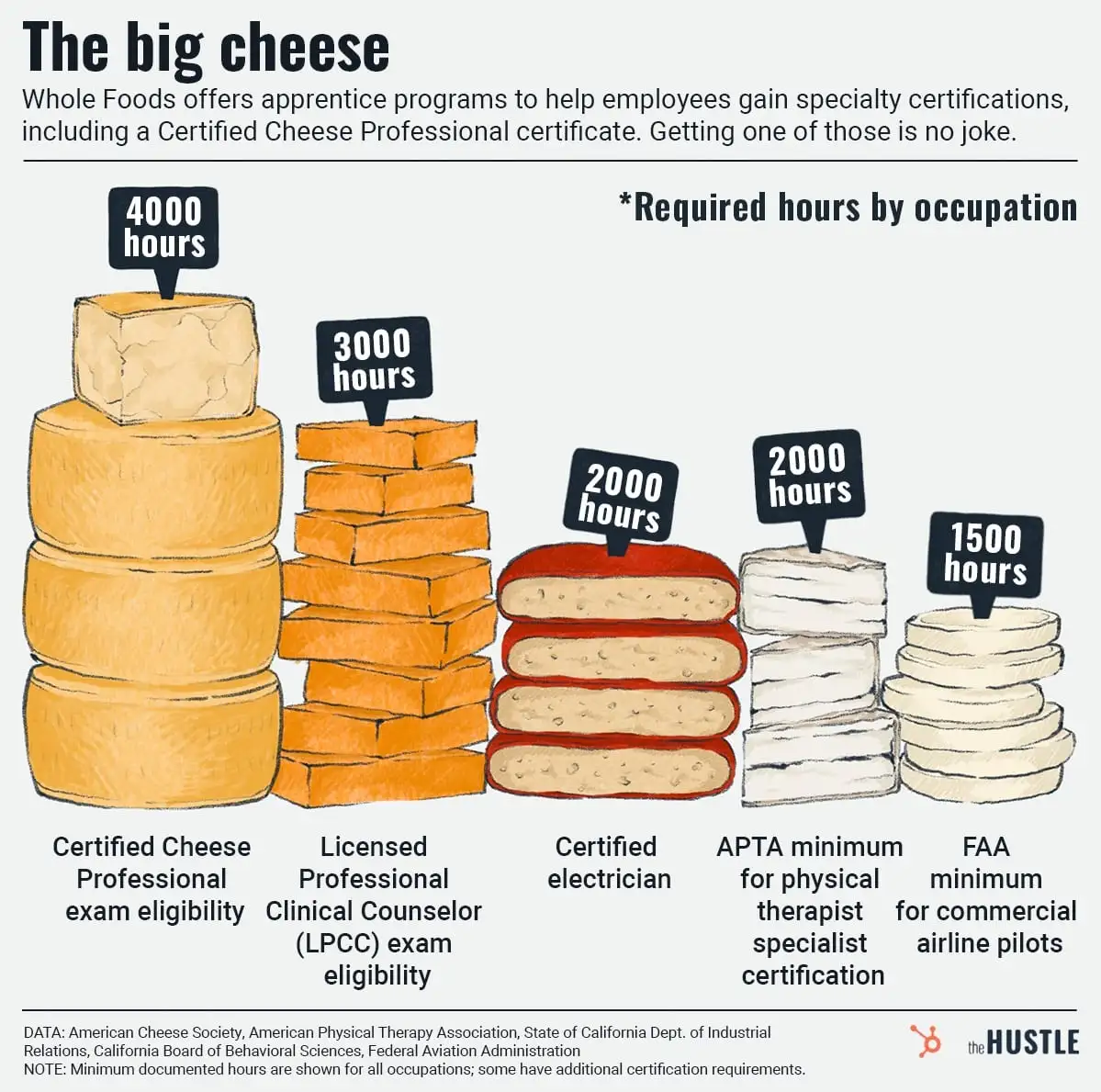Beans, beans the magical fruit, the more you eat the more you… likely don’t live in the US?

That rhyme isn’t as catchy as the original, but the facts check out: Per Vox, Americans are majorly slacking in their bean consumption compared to other parts of the world.
Annually, the average person eats:
- 110-130 pounds of beans in countries like Rwanda and Burundi
- 12 pounds of beans in the UK
- 7.5 pounds of beans in the US
America’s lackluster legume consumption is confusing given the many benefits of beans: They’re protein-rich, cheaper than plant-based meat, and efficient to grow. Plus, they pack a punch:
- Raising livestock (like cattle, pigs, and chickens) uses 77% of the world’s agricultural land but provides only 37% of the global protein supply.
- Growing plants, like beans, uses only 23% of the world’s land but produces 63% of its protein supply.
So what’s the problem?
Beans might need to fire their PR person. While they were cleared off the shelves by terrified pandemic shoppers in 2020, in calm times beans are often forgotten in the depths of American pantries.
And growing them got complicated: In the 1980s, changes to intellectual property laws meant large companies like Bayer and Monsanto could patent seeds — and sue farmers who plant them (even by accident).
The good news: Groups like Beans is How and the Bean Deal are making sure beans get the recognition they deserve.
bc75.jpg)









